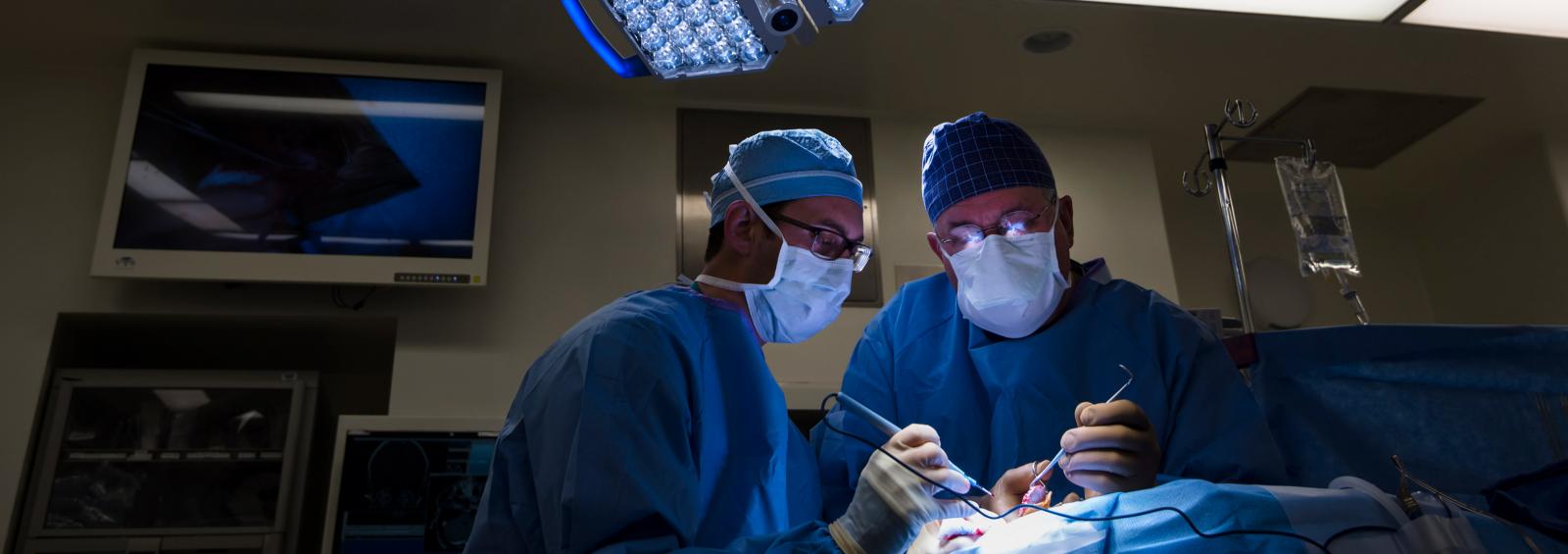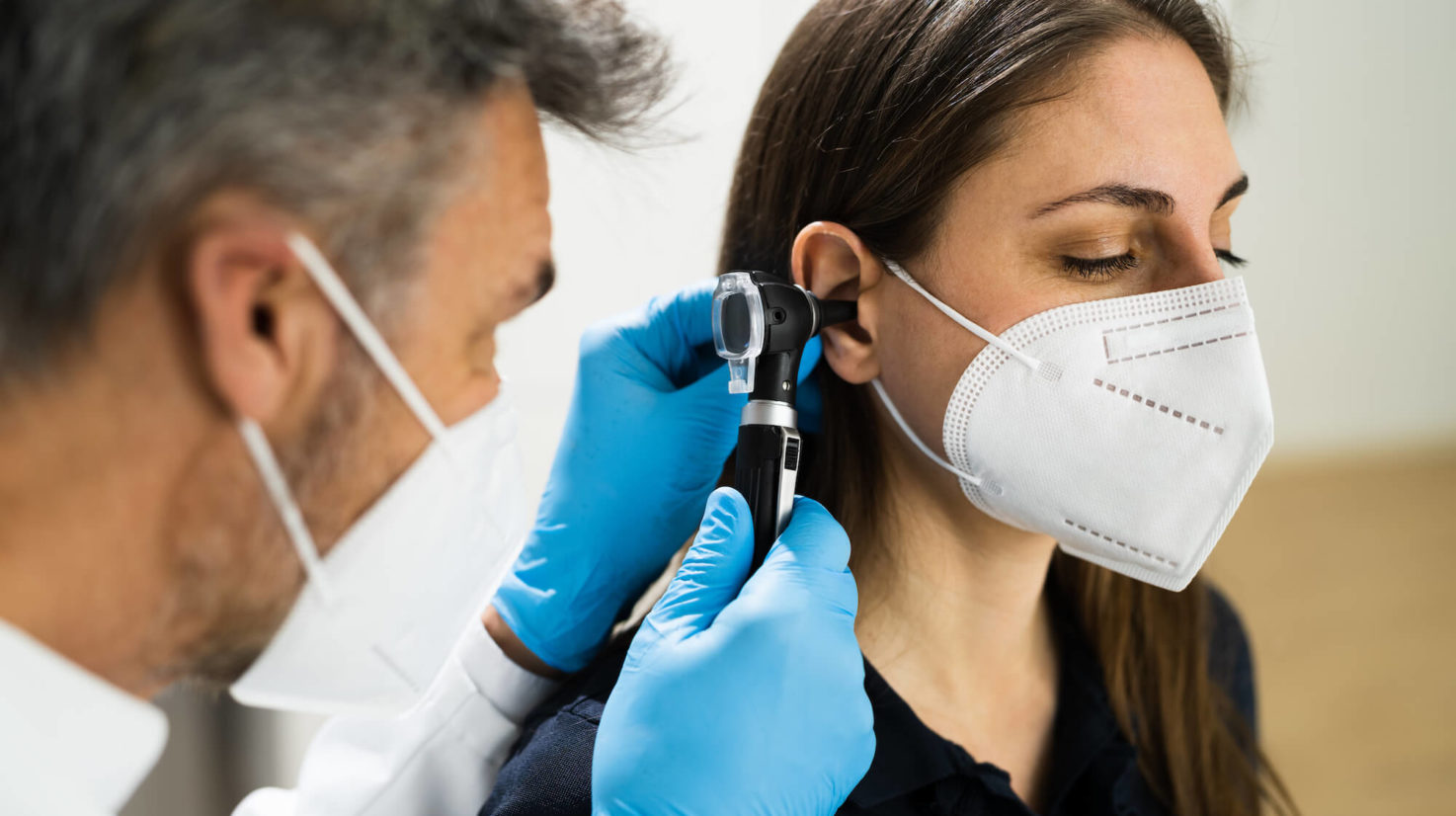When It's Time to See a Voice Specialist
When It's Time to See a Voice Specialist
Blog Article
Discovering the Field of Otolaryngology: What to Anticipate When You Consult an ENT
Otolaryngology, frequently described as ENT, encompasses the diagnosis and treatment of ear, throat, and nose problems. Voice. For those experiencing related issues, consulting an ENT specialist can offer clearness and alleviation. Comprehending what to expect during such assessments is crucial for reliable communication and treatment. This introduction will outline essential elements of the ENT experience, including common factors for visits and the procedures associated with medical diagnosis and therapy
Recognizing Otolaryngology: A Review
Otolaryngology, usually described as ENT (Throat, ear, and nose) medicine, is a specialized branch of medicine that concentrates on the medical diagnosis and treatment of conditions influencing these vital locations of the body. This field incorporates a large range of disorders, consisting of those associated to hearing, equilibrium, breathing function, and speech. Otolaryngologists are educated to take care of both medical and medical treatments, making use of sophisticated strategies and technologies. Their know-how extends past conventional disorders, dealing with concerns such as allergic reactions, sinus infections, and hearing loss. Furthermore, they play a vital role in the monitoring of head and neck cancers, offering thorough care tailored to private person needs. In general, otolaryngology stays necessary for keeping health and top quality of life in affected people.
Typical Factors to See an ENT Professional
Many individuals seek the knowledge of an ENT expert for a range of factors, mirroring the varied nature of conditions that impact the throat, ear, and nose. Common problems include persistent sinusitis, which often brings about consistent nasal congestion and facial pain. Allergies and their linked signs and symptoms, such as itching and sneezing, also prompt visits to these professionals. Hearing loss, whether gradual or unexpected, is one more significant factor for examination. In enhancement, people might look for evaluation for throat disorders, consisting of consistent hoarseness or ingesting problems. Sleep apnea, characterized by disturbed breathing during rest, is regularly dealt with by ENT experts. Each of these conditions highlights the relevance of specialized care in taking care of intricate ENT-related health and wellness issues.
Preparing for Your ENT Consultation
When getting ready for an ENT visit, it is vital to gather appropriate information and take into consideration any type of details worries. Patients need to put together an in-depth clinical background, including previous ear, nose, or throat problems, surgical procedures, and present medications. Recording symptoms-- such as period, regularity, and seriousness-- can supply beneficial insights for the ENT expert. In addition, people ought to prepare a checklist of concerns they want to ask, making sure that all concerns are resolved throughout the go to. Bringing along any appropriate medical documents or examination outcomes can better assist the ENT in comprehending the person's problem. Lastly, people should confirm their consultation information, consisting of time, date, and area, to lessen any kind of final confusion. Correct prep work can improve the performance of the appointment and lead to far better end results.

What to Expect Throughout the Consultation
As the consultation starts, the client can expect to engage in a thorough discussion with the ENT specialist concerning their signs and symptoms and case history. The expert will ask about the period, frequency, and extent of symptoms such as hearing loss, nasal blockage, or sore throat. Furthermore, the person's previous clinical problems, drugs, and any kind of appropriate family history will be evaluated, assisting the specialist in forming a total understanding of the client's health and wellness. The ENT may likewise ask about lifestyle elements, such as direct exposure to allergens or irritants. This open discussion develops a structure for the assessment, ensuring that the client's concerns are resolved and setting the stage for any kind of required evaluations or recommendations for treatment.
Analysis Tests and Treatments in Otolaryngology
A series of analysis examinations and procedures are crucial in otolaryngology to accurately examine and identify conditions impacting the ear, throat, and nose. Common tests consist of audiometry, which measures hearing function, and tympanometry, assessing middle ear pressure. Nasal endoscopy allows visualization of the nasal passages and sinuses, while laryngoscopy takes a look at the throat and singing cords. Imaging techniques, such as CT scans and MRIs, supply in-depth sights of head and neck frameworks. Allergic reaction testing might additionally be conducted to identify triggers for sinus or breathing issues. These analysis tools enable ENT experts to develop a complete understanding of individuals' problems, making sure tailored and efficient administration plans. Correct diagnosis is necessary for effective treatment outcomes in otolaryngology.
Therapy Alternatives Used by ENT Specialists
ENT professionals use a range of therapy alternatives tailored to resolve particular problems influencing the throat, nose, and ear. These therapies range from conventional approaches, such as medicine and way of life alterations, to even more invasive procedures. As an example, allergies might be taken care of with antihistamines or immunotherapy, while persistent sinus problems might need nasal corticosteroids or sinus surgical treatment. For hearing loss, ENT specialists commonly suggest listening device or medical interventions like cochlear implants. In situations of throat problems, choices can include speech therapy or surgical treatments to get rid of blockages. Furthermore, they may supply support for handling rest apnea, including the use of CPAP devices or medical interventions. In general, the objective is to boost individuals' quality of life via personalized care and efficient treatment approaches.
When to Look For Follow-Up Care With an ENT
When to look for follow-up care with an ENT expert is essential for taking care of continuous symptoms or issues related to nose, throat, and ear conditions, identifying. Individuals should take into consideration scheduling a follow-up visit if symptoms continue regardless of initial therapy, such as persistent ear pain, nasal congestion, or throat pain. Changes in hearing, equilibrium concerns, or unusual nasal discharge might also require more examination. In addition, if a client experiences adverse effects from suggested medicines or has undertaken a surgical procedure, follow-up treatment is essential to check recovery and deal with any problems. Prompt consultations can ensure reliable management of conditions, protect against prospective difficulties, and provide assurance regarding one's wellness. Seeking follow-up treatment advertises aggressive health and wellness management in otolaryngology
Frequently Asked Questions
What Certifications Should I Search for in an ENT Specialist?
When seeking an ENT specialist, one ought to try to find board certification, relevant experience, and solid individual reviews. Additionally, reliable interaction abilities and a caring strategy can considerably boost the total treatment experience.
Exactly how Do I Select the Right ENT for My Needs?
Picking the right ENT professional entails evaluating their qualifications, experience, and individual evaluations. It is crucial to contemplate their communication design and technique to therapy, guaranteeing they align with the individual's particular health and wellness demands and preferences.
Exist Any Threats Related To ENT Procedures?
The threats connected with ENT treatments may consist of infection, bleeding, anesthetic problems, and possible damage to bordering frameworks. Clients should review these threats with their medical professional to recognize individual concerns and assurance educated decisions.
Just How Can I Manage Anxiousness Before My ENT Visit?
To handle stress and anxiety prior to an appointment, people can exercise deep breathing exercises, picture positive end results, prepare inquiries ahead of time, and look for assistance from close friends or family members, fostering a feeling of confidence and peace.

What Should I Do if I Experience Adverse Effects From Treatment?
If adverse effects from treatment take place, the individual needs to promptly report them to their healthcare service provider. Sinus. Adjustments to therapy or additional treatments may be essential to assure security and effectiveness in handling their problem. As the assessment starts, the client can ENT Doctor anticipate to engage in a complete conversation with the ENT expert about their signs and symptoms and clinical history. These analysis tools enable ENT specialists to develop a comprehensive understanding of people' problems, making certain tailored and effective administration plans. ENT specialists offer a range of treatment choices tailored to resolve particular conditions influencing the ear, throat, and nose. When seeking an ENT professional, one should look for board certification, relevant experience, and solid individual testimonials. Selecting the best ENT professional entails examining their certifications, experience, and client testimonials
Report this page